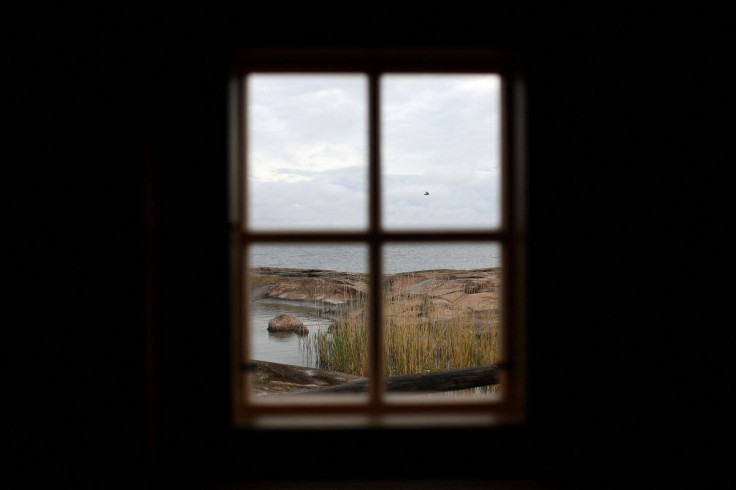Distant Rumble Of Ukraine War Disturbs Calm Of Baltic Islands

The fighting may be more than 2,000 kilometres (1,200 miles) away across sea and land, but on their remote, rocky outcrop off the southern coast of Finland, the inhabitants of Aland fear the Russian invasion of Ukraine could change their lives for good.
The war has turned decades of European security policy on its head, nowhere more so than in Finland, which shares a long land border with Russia and last month applied to join NATO, despite Kremlin warnings of "serious military and political consequences".
What Finnish NATO membership could mean for Aland has yet to become clear, but citizens on the Swedish-speaking islands worry their cherished autonomy from Finland could be at risk. Last year the archipelago marked the centenary of the international treaty that granted it self-governance and made it a demilitarised, politically neutral zone.
But as tensions with Russia in the Baltic region soar, some Finns question the wisdom of leaving islands strategically perched between Finland and Sweden undefended and argue its peculiar status may be obsolete.
"It is unreasonable to demand of a country that it is responsible for defending a certain area, but that the country is still not allowed to fully prepare for the defence of that area," said Charly Salonius-Pasternak, defence policy researcher at the Finnish Institute of International Affairs Told SVT.
The head of Aland's government Veronica Thornroos said she disagreed with those who argue that the islands' neutral status should be scrapped, and pointed to Helsinki's assurances that it would not be affected by NATO membership.
"That is the assessment made by the President and the Government of Finland and we on Aland hold no other view," Thornroos said.
AUTONOMY OR SECURITY
The islands' strategic location means they have long been tussled over by surrounding countries: The first treaty bestowing neutral status onto Aland was in 1856 after the Crimean war.
Their long-held neutrality is still a point of pride among Aland's 30,000 inhabitants, most of whom live on the main island where traditional red wooden houses sit surrounded by forest and the maritime industry is the main employer.
Along with the concern that a Finnish or NATO military presence on Aland soil would compromise their autonomy, islanders are also worried about Aland's ability to defend itself in the event of an invasion by Russia.
Johan Morn, a fisherman, hunter, and local businessman, has sailed the Aland waters since he was a boy and knows the archipelago inside out.
"My grandfather was a maritime pilot and helped navigate these waters when they were mined during World War Two. He ran supplies from Sweden when Finland was attacked by the Soviet Union," he said from the bridge of his 10-meter motor boat.
"Maybe our skills can be of use too."
Morn said he wants to set up a volunteer network of locals to scout for Russian vessels and suspicious activity, although he also said he fully supports Aland's demilitarised status and trusts the Finnish military to protect it all the same.
"But we are not naive. The way Russia is behaving now, they clearly want to take Ukraine and maybe more," he said. "And if worse comes to worst, we know the terrain and we are used to handling weapons."
(Editing by Niklas Pollard and Raissa Kasolowsky)
© Copyright Thomson Reuters {{Year}}. All rights reserved.





















